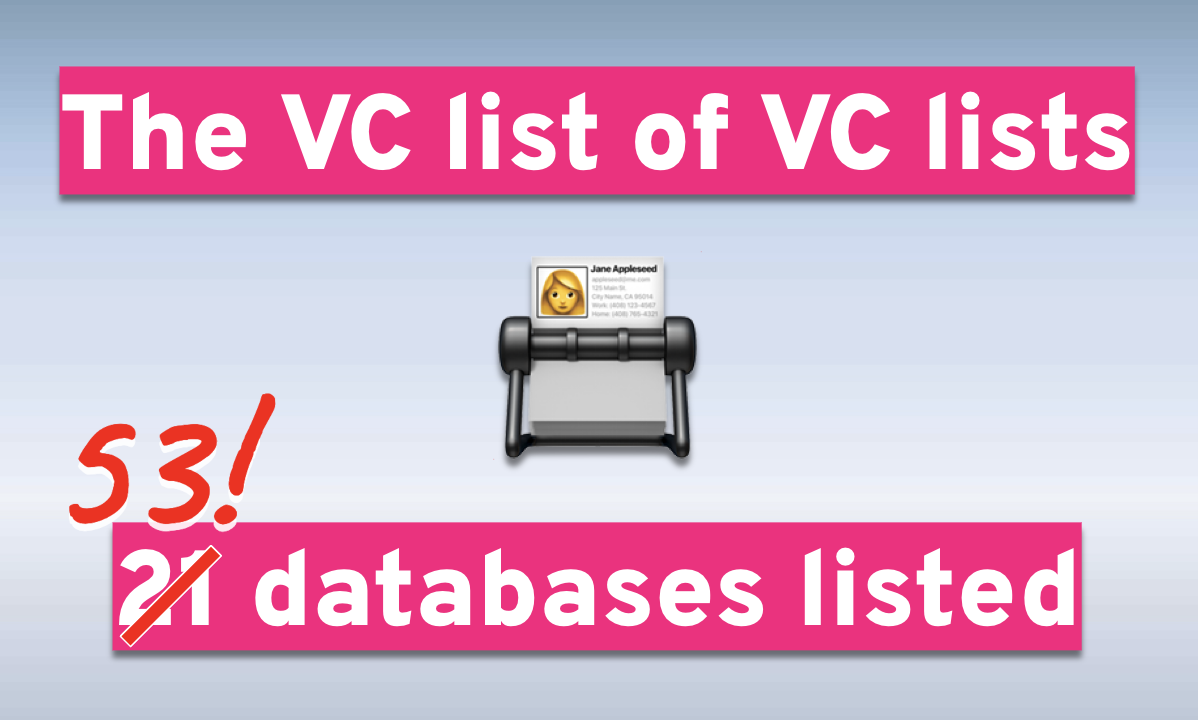All entrepreneurs have their eye on one goal: to achieve success and earn reasonable profits. Some of them accomplish this through the establishment of startups.
The aspirational step of elevating a startup to unicorn status, though only necessary for some businesses, takes real work. One must learn critical concepts and common mistakes before scaling an organization, including structure, processes, metrics, and financials.
This article explains the facts you need to learn about building a unicorn startup, including four fundamental steps for consideration.
Table of Contents
The Main Features of a Unicorn Startup
When a startup earns a valuation of at least a billion dollars - despite being in business for less than a decade - it earns “unicorn” status. In 2022, there are almost 900 unicorn startups in the world, valued at more than $3.5 trillion combined.
Note that only two out of five startups achieve the coveted status. Crucial is awareness of factors behind succeeding in this endeavor, including challenges.
A Reliance on ICT
Information and communication technology are essential in establishing startups.
The use of ICT in building startups is in ICT’s capacity to maximize growth through third-party investors and low costs for materials. Unicorn setups employ new tech as an essential business feature.
Without digital technology, unicorn startups would have challenges establishing themselves, especially in emerging markets. They need mobile payment options because credit card usage in such markets is low.
ICT is also a solid focal point for working capital, primarily leveraging social media to gain traction in operations. Most unicorn startup operations also have their beginnings as tech-focused workspaces with unique designs catering to freelancers, small businesses, and nonprofits.
The WeWork office in Shoreditch, London ( Image Source )
The Discovery of Niche Markets
Most unicorn startups focus on products or services that start unknown or small. Finding a niche market is critical because this helps unicorn startups avoid oversaturated ones; they can target audiences that the mainstream market could not serve yet with their goods and services.
For example, Square capitalized on providing payment processes for small businesses and created unique solutions with credit card readers.
Another example is Pluralsight, whose CEO also has a tech-based background. Their location is in Utah, which has almost the same resources as Silicon Valley, allowing them to thrive in that market.
Pluralsight, a tech workforce development company ( Image Source )
A Proclivity for Financing and Scalability
Another exciting feature of unicorn startups is their effective proclivity toward financing and scalability. They can keep their costs low while boosting returns.
They also attract investors well and maintain their private equity without public listing. They can maximize their marketing budget while reaping the gains they project.
Because of the big valuation involved with startups, there are also existing tools for stock units and valuing options, signaling that the startup industry has made it big in the business scene. As such, finance experts advise those interested in working for successful startups to do their due diligence.
Additionally, part of unicorn startups’ strategy for scalability is a tendency to hire younger workforce members, their ages averaging between 30 to 40.
The Ability to Serve Customers Well
Creating products that help satisfy their customers should be a goal for aspiring startups. Focus on the customer allows the growth of small customer bases into big ones.
Equally vital is the maintenance of clients' loyalty and the capacity to provide real solutions to their problems.
Another critical factor is having a culture of trust; Bullet Messaging, which started last August 2018, reaped 22 million dollars in funds a week after its founding. That's because they delivered the results they promised.
Reasons for Startup Failures
Despite the hallmark characteristics of unicorn setups, some businesses still have many failed attempts. The statistics do not lie: 90% of start-ups fail to secure positive returns, primarily due to the reasons below.
Failure to Identify a Real Market Need
If startups do not adequately evaluate their target market, they can quickly raise money and lose it again.
Take the example of Pearl, which earned more than 50 million dollars in 2014 for its solar-powered backup camera called “RearVision.” They had to close shop after three years after failing to see the possibility of having cars with the same features that sell for lower prices.
Pearl Company Logo and one of their cameras ( Image Source )
Failure to Establish a Sustainable Model
Another problem is the failure to secure a business model that can remain sustainable. Startups need to think long-term and beyond trends.
To illustrate, Sprig , whose goal was to produce and deliver healthy food at the height of the wellness trend, purchased their kitchens and had full-time staff members and drivers. Such a setup gave them fixed costs which they had to shoulder regardless of the number of customers.
When the demand for their service declined, they had to shut down even if they started with a 60-million-dollar investment. Achieving unicorn status and maintaining it is a long shot without a sustainable model.
Failure to Diversify Leadership Talents
Startup ventures are bound to fail if they have ineffective leaders. A startup needs to have various representatives with different types of expertise.
For instance, one person can evaluate the company's unique traits, and another can give unbiased startup evaluations if needed. In short, there’s a need to balance management and the people who make pivotal decisions.
How to Build a Unicorn Startup
Given the traits and challenges startups face, consider the steps below if you dream of building a unicorn startup.
Step 1: Build Your Checklist
First, consider the startup challenge by looking at the list of introductory tools. Knowledge of appropriate business strategies and processes matters.
It will also help to begin with well-trusted business mentors for their expertise and guidance. Business school students also handpick the essential skills they learned in the classroom.
Step 2: Identify Your Minimum Viable Product
Determine the user problem for your target market and your proposed solution. Develop the product with the crucial features in mind, and make sure you have a prototype and feedback to test your idea, including cost analyses, before launching it.
It is important to position one's startup uniquely through the right balance of tech, resources, innovation, entrepreneurialism, and venture capital to make real changes in the marketplace and for various industries and audiences.
Step 3: Decide on a Business Model
Once you have confirmed your product offering and the primary audience, your business model should consider your product's value, demographics, competition, and the appropriate sales channels. It would help if you executed an initial rollout for proper evaluation and revisions.
Your knowledge of the business model that works for your product will matter. An example is how Brian Chesky established his business model and leadership toward what Airbnb is nowadays. His business model involved limiting incubator capital, which angel capital and venture capital followed.
Step 4: Acquire Funding
Invest personal funds and other contributions, and raise venture-backed capital. Iron out your pitch deck to investors, negotiate well, and do your due diligence.
You can also do a crowdfunding campaign to promote your product and relay your niche. Capital can come from online business loan providers, banks, and credit unions.
With the proper funding, you can proceed to scale your business.
Conclusion
It is a considerable feat to make it in the business industry, carve out a name for oneself, and make millions. Unicorn startups are aspirational, and they take hard work.
Crucial investments and milestones should not make business owners complacent; instead, they should serve as additional causes to hustle and achieve more.
About the author
Mike is the Editorial Director at Lendza. He enjoys helping entrepreneurs and startups succeed through smart, innovative strategies. He’s partnered with CEOs and executives to grow businesses from the ground up. Before his work at Lendza, Mike was a stock market analyst. When he’s not traveling for work, he enjoys reading adventure and science fiction novels.
Find your ideal investors now 🚀
Browse 5,000+ investors, share your pitch deck, and manage replies - all for free.
Get Started










